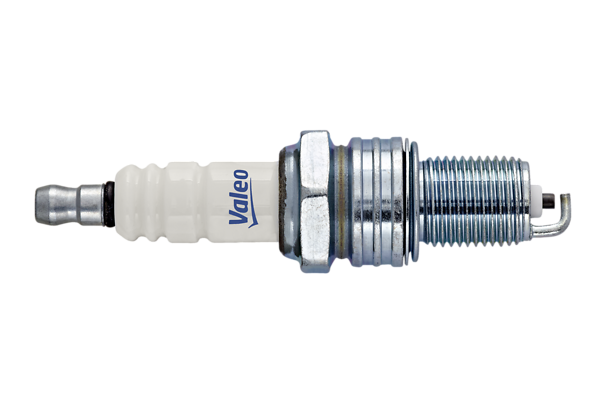Spark plugs are a vital component in any gasoline-powered engine, responsible for igniting the air-fuel mixture in the combustion chamber. A fouled spark plug can lead to misfires, reduced performance, decreased fuel efficiency, and potential engine damage. In this article, we will discuss how to tell if a spark plug is fouled and what causes fouling.
What is a Fouled Spark Plug?
A fouled spark plug is a spark plug that has become coated in deposits, causing it to malfunction. Fouling can occur in several ways, including oil fouling, carbon fouling, and wet fouling.
Oil Fouling: Oil fouling occurs when oil enters the combustion chamber and coats the spark plug, preventing it from functioning correctly. Oil fouling can be caused by worn valve guides, piston rings, or gaskets, and can lead to black, oily deposits on the spark plug.
Carbon Fouling: Carbon fouling occurs when the spark plug becomes coated in carbon deposits, which can be caused by incomplete combustion. Carbon fouling can lead to rough idling, reduced performance, and decreased fuel efficiency. Carbon fouling can result in black, sooty deposits on the spark plug.
Wet Fouling: Wet fouling occurs when the spark plug becomes coated in fuel, preventing it from functioning correctly. Wet fouling can be caused by several factors, including a rich air-fuel mixture, a malfunctioning fuel injector, or a faulty ignition system. Wet fouling can result in wet, black deposits on the spark plug.
How to Tell if a Spark Plug is Fouled
There are several ways to tell if a spark plug is fouled:
Visual Inspection: A visual inspection of the spark plug can reveal signs of fouling. Look for black, oily deposits for oil fouling, black, sooty deposits for carbon fouling, and wet, black deposits for wet fouling.
Misfires: A fouled spark plug can cause engine misfires, which are typically felt as a shuddering or jerking motion when the engine is running.
Rough Idle: A fouled spark plug can cause rough idling, which is typically felt as a lumpy or uneven engine idle.
Reduced Performance: A fouled spark plug can lead to reduced engine performance, including decreased acceleration, decreased power output, and decreased fuel efficiency.
How to Fix a Fouled Spark Plug
The best way to fix a fouled spark plug depends on the type of fouling. For oil fouling, fixing the underlying issue causing the oil to enter the combustion chamber is necessary. For carbon fouling, cleaning the spark plug or replacing it may be necessary. For wet fouling, addressing the underlying issue causing the fuel to enter the combustion chamber is necessary, such as replacing a faulty fuel injector or repairing the ignition system.
A fouled spark plug can cause significant problems in a gasoline-powered engine, including misfires, rough idling, reduced performance, and decreased fuel efficiency. Identifying the type of fouling and addressing the underlying issue is crucial in fixing a fouled spark plug. Regular maintenance, including replacing spark plugs at the recommended interval and ensuring proper engine performance, can help prevent fouling and ensure optimal engine performance.


